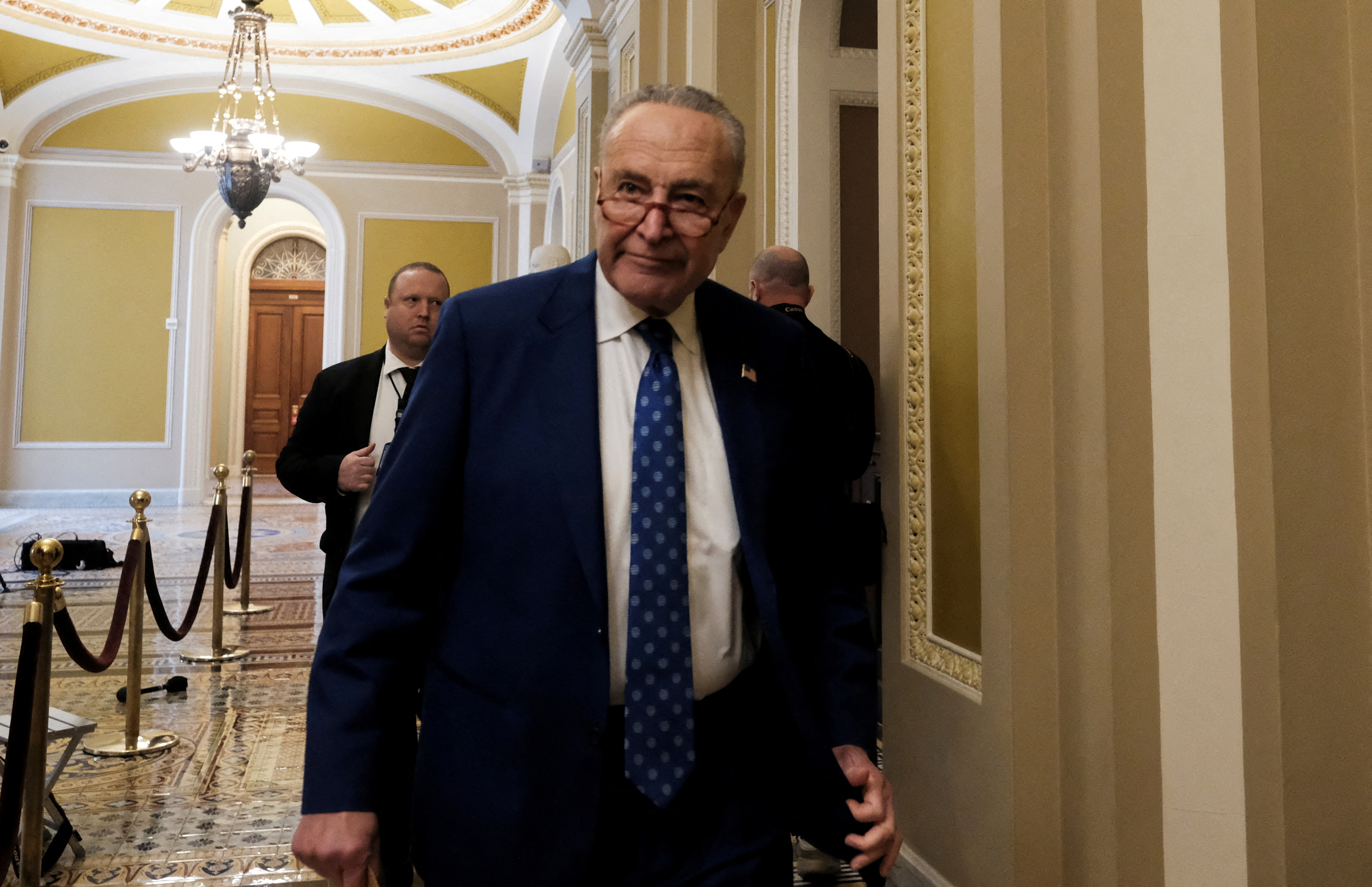
A stopgap spending bill to avoid a partial shutdown of the U.S. federal government began moving through the House of Representatives on Tuesday, as Congress scampered to meet a midnight Friday deadline when existing funds expire.
The one-week, government-wide funding bill is designed to give lawmakers additional time to finish negotiations on a year-long “omnibus” spending bill that would expire on Sept. 30, 2023, the end of the current fiscal year.
A first, procedural vote on the legislation was set for Wednesday.
The larger of the two bills is expected to appropriate more than $1.5 trillion for the U.S. military and a range of non-military programs. The measure is also expected to contain new emergency funds to aid Ukraine in its battle against Russian forces.
Ukraine could get billions more, after Biden asked Congress last month for $37 billion.
The House was expected to pass the one-week “continuing resolution” on Wednesday or Thursday, Majority Leader Steny Hoyer, a Democrat, told reporters.
“We have no intention of shutting down the government of the United States, which is costly and harmful in almost every respect,” he said.
Once passed by the House, it would be sent quickly to the Senate for passage no later than Friday, in time for President Joe Biden to sign it into law.
Then, all attention would shift to the omnibus bill next week. Besides containing the aid to Ukraine, it also is expected to fold in an unrelated bill reforming the way Congress certifies U.S. presidential elections.
The latter is aimed at avoiding a repeat of the deadly turmoil of Jan. 6, 2021, when supporters of then-President Donald Trump tried to stop the certification of Biden as the winner of the 2020 presidential election.
Negotiations continued on other parts of the large spending bill, including increases to non-military spending that Democrats, who narrowly control Congress, want in the face of Republican opposition.
Senate Minority Leader Mitch McConnell warned his Republicans want work on the omnibus bill wrapped up by Dec. 22. “We intend to be on the road going home on the 23rd,” he told reporters.
Failure to reach agreement by then, he added, would mean that another temporary funding bill, going into early next year, would be necessary.
That is a result Democrats – and some Republicans – want to avoid as the negotiations on the funding bill would get more complicated next year, when Republicans take majority control of the House.
Conservative Republicans have been clamoring for deep domestic spending cuts Democrats want to avoid.
“There’s a lot of work left to do,” Senate Majority Leader Chuck Schumer, a Democrat said. “But we’re optimistic that if we preserve the good faith we’ve seen so far, we will get there.”

